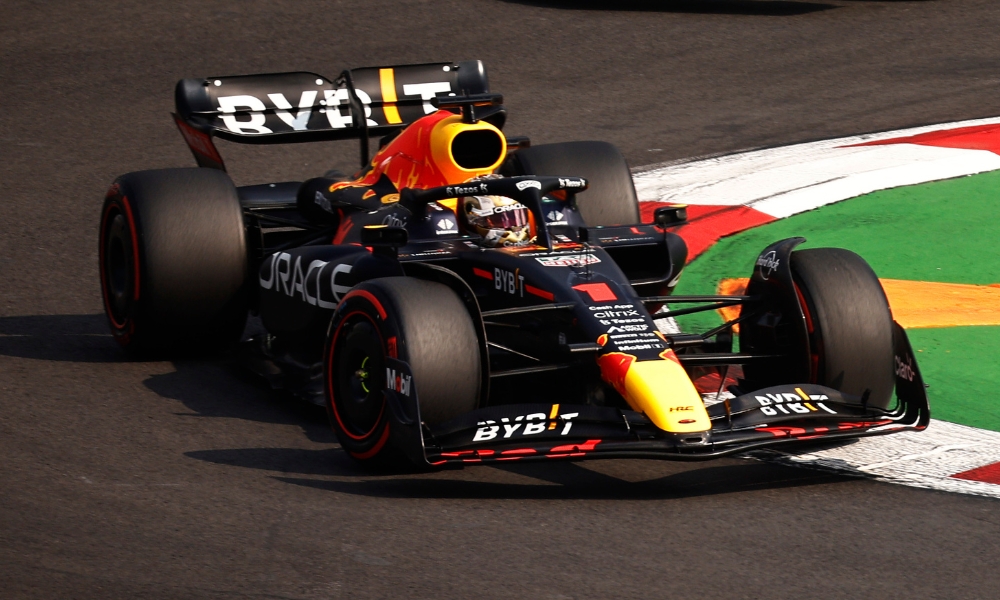Formula One teams have experienced a rocky few months with crypto partnerships, as numerous teams have seen deals either terminated or not renewed.
Mercedes experienced the most high profile of these when cryptocurrency exchange FTX filed for bankruptcy.
With the nature of FTX’s demise, it’s no surprise that the atmosphere around crypto has shifted. It’s also no surprise that this was seen to be the beginning of the end for crypto sponsorships in not just Formula One, but sport in general, especially after three further crypto deals concluded with Ferrari, Red Bull and AlphaTauri.
However, the FTX collapse is not reflective of the current state of cryptocurrency, nor is it indicative of the sector's future dealings with Formula One. Haider Rafique, chief marketing officer at OKX, insisted as much when in a recent conversation with the BlackBook.
“From a reputational standpoint, naturally this impacts the category reputation,” he said. “But, this is something that needs to be thought about “not in isolation with crypto markets” but with the finance industry as a whole.
Drilling down deeper reveals a different story. Tezos terminated its multi-year contract with Red Bull Racing, but the blockchain collectibles platform retained its partnership with McLaren Racing and the Formula One team also still have their US$150 million deal with Bybit.
Elsewhere, Velas has cut its Ferrari partnership short, but this appears to have little to do with the brand's origins and could be framed as the kind of breakdown seen with any other kind of commercial partner. The Italian team reportedly failed to comply with clauses in the contract, while briefings from the other side suggest that Velas was in breach of the financial terms in the contract.
For AlphaTauri, the contract conclusion with ICM.com appears to have come about naturally, especially since the Forex, commodity and contract for difference (CFD) trading firm was initially partnered with driver Pierre Gasly, who left the Faenza-based outfit for Alpine during the off-season.
Quentin Thom, co-head and co-founder of Perform Due Diligence, spoke to the BlackBook about how this does not spell the end for crypto sponsorship, but that this presents an opportunity for Formula One to approach things more carefully.
After all, 91 per cent of respondents to a recent European Sponsorship Association (ESA) survey agreed that rights holders have a duty to undertake more due diligence and risk assessment.
“You could very easily jump to the conclusion that crypto is exiting Formula One having been extremely active and noisy in the past few years,” he explained. “I don’t think that’s the case at all. You can see many groups are still very involved at both title and rights holder level.”
“This isn’t the beginning of the end, more likely these are isolated incidents, but isn’t it an important reminder of a stark lack of due diligence in this space? Perhaps these sponsorship changes will now be fused with better pre and post deal operational due diligence.
“This, in turn, will help mitigate the reputational risk of bad actor association and / or financial loss suffered by a fan base, plus the risk of a sponsorship partner being unable to fulfil the obligations of their contracts.”
FTX has certainly damaged trust in this space, and there’s certainly an argument to be made for more comprehensive regulation in the sector, but comparisons between crypto and the tobacco sponsorships of old fall short of the mark.

